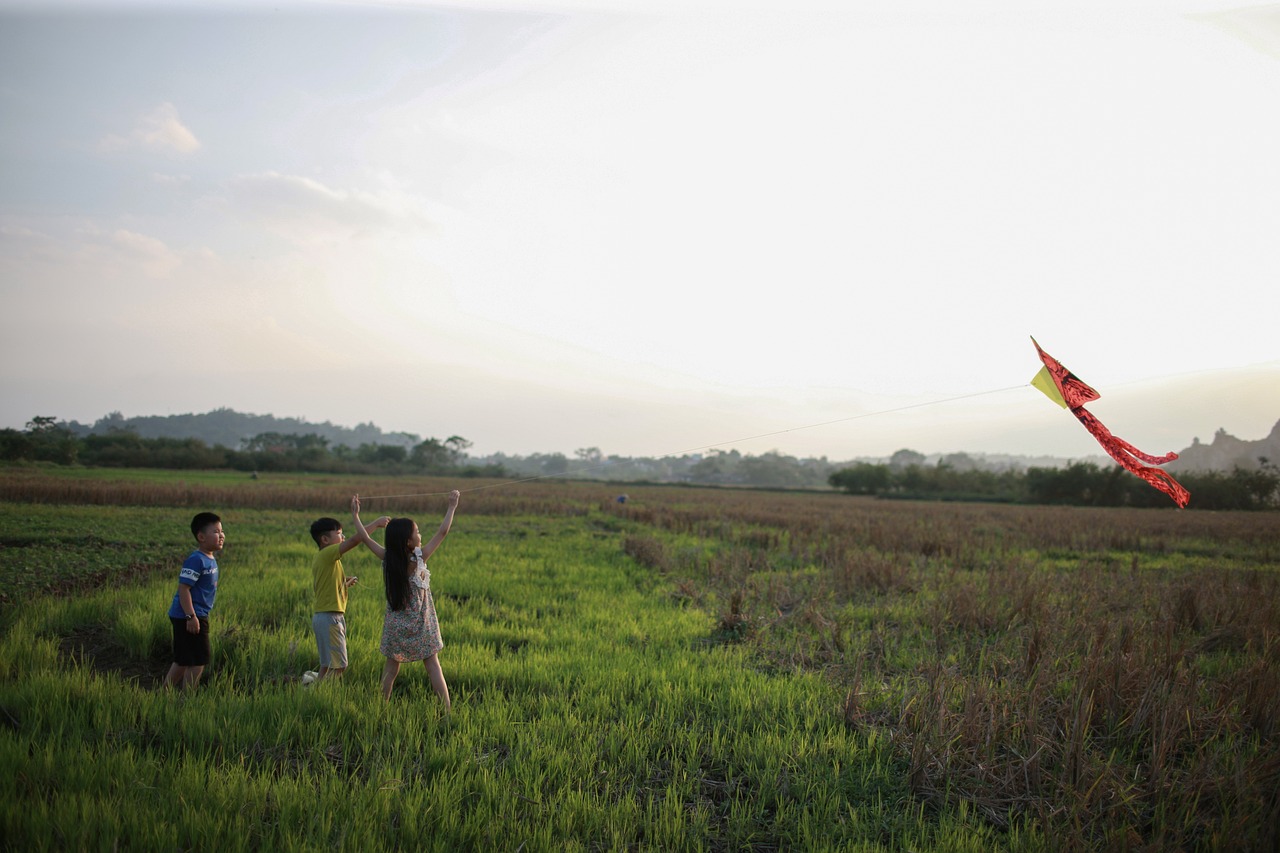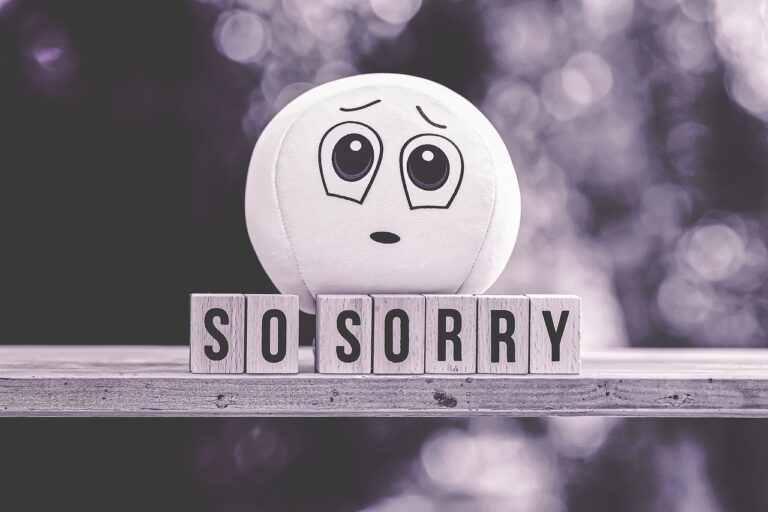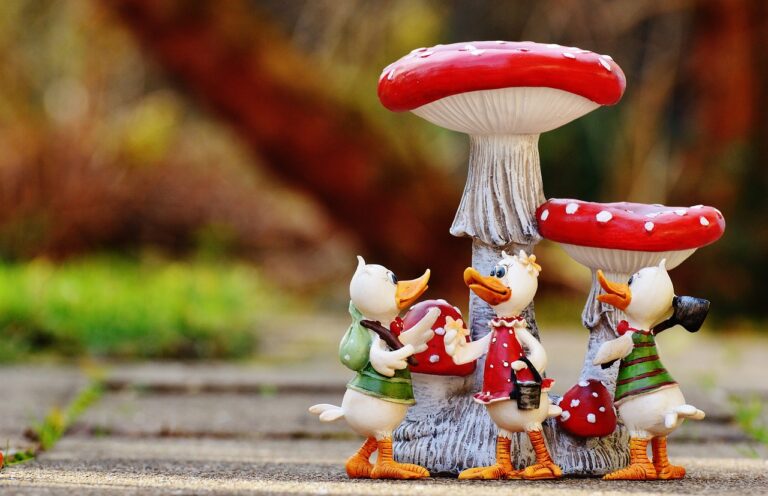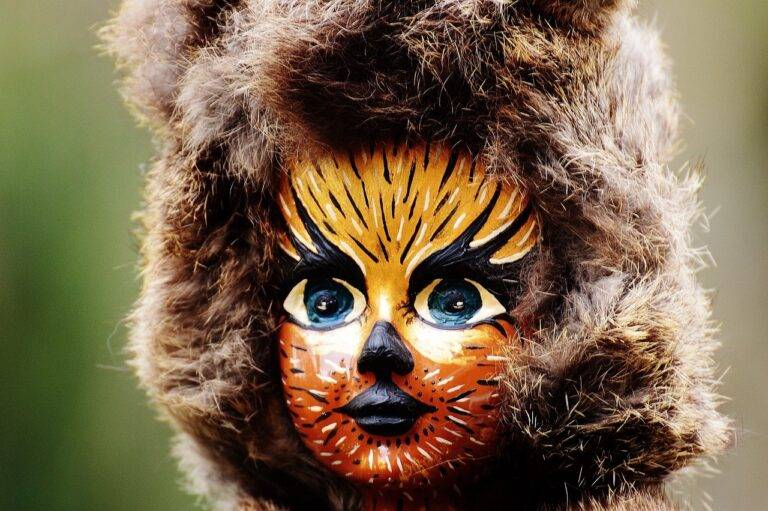Exploring Music Venue Partnerships with Disability Arts Organizations: Inclusive Programming and Accessibility Initiatives: Sky.247, Diamondexch9 com, Tiger exchange vip
sky.247, diamondexch9 com, tiger exchange vip: Music venues play a crucial role in our communities, providing spaces for artists to showcase their talents and for audiences to enjoy live performances. However, not all music venues are accessible to individuals with disabilities. In recent years, there has been a push for more inclusive programming and accessibility initiatives in music venues, and one way to achieve this is through partnerships with disability arts organizations.
When music venues partner with disability arts organizations, they can work together to create programming that is inclusive and accessible to all audience members. By collaborating with these organizations, music venues can learn best practices for making their spaces more accommodating to individuals with disabilities, such as installing ramps and accessible bathrooms, providing sign language interpreters, and offering sensory-friendly performances.
In addition to making their physical spaces more accessible, music venues can also work with disability arts organizations to program events that are specifically designed for individuals with disabilities. This could include hosting workshops, performances, and educational programs that cater to the needs and interests of those with disabilities.
By partnering with disability arts organizations, music venues can not only make their spaces more inclusive but also tap into a new and diverse audience. Individuals with disabilities are often underserved when it comes to arts and cultural programming, and by working together, music venues and disability arts organizations can help bridge this gap and ensure that everyone has access to high-quality live music experiences.
FAQs:
Q: How can music venues benefit from partnering with disability arts organizations?
A: Music venues can benefit from partnerships by learning best practices for accessibility, programming events that cater to individuals with disabilities, and tapping into a new and diverse audience.
Q: What are some examples of inclusive programming in music venues?
A: Inclusive programming could include hosting sensory-friendly performances, providing sign language interpreters, and offering workshops and educational programs for individuals with disabilities.
Q: How can music venues make their spaces more accessible?
A: Music venues can make their spaces more accessible by installing ramps and accessible bathrooms, providing seating options for individuals with mobility issues, and offering assistive listening devices.
Q: How can disability arts organizations help music venues with inclusive programming?
A: Disability arts organizations can help by providing resources, training staff on best practices, and collaborating on programming that is inclusive and accessible to all audience members.







